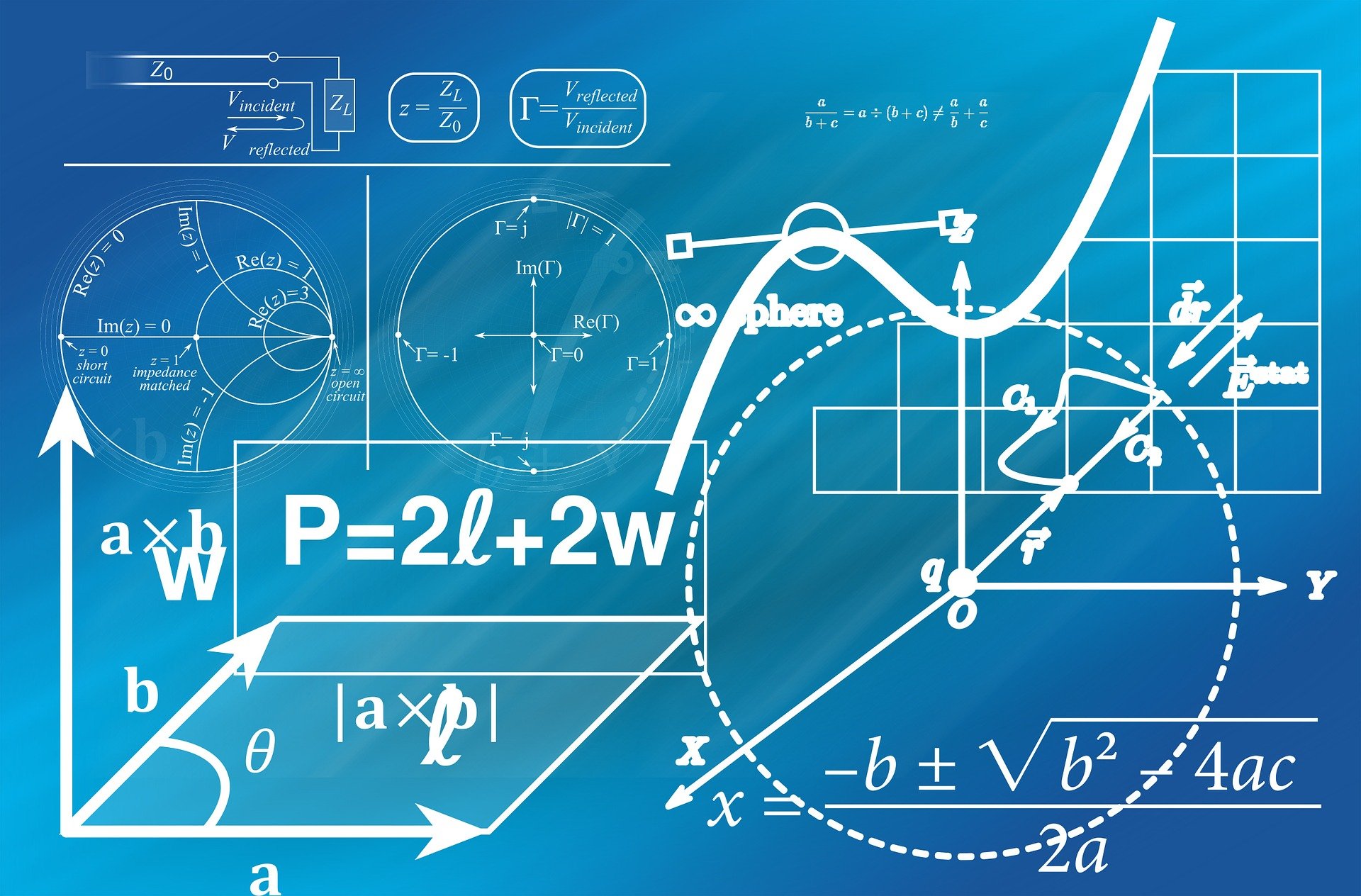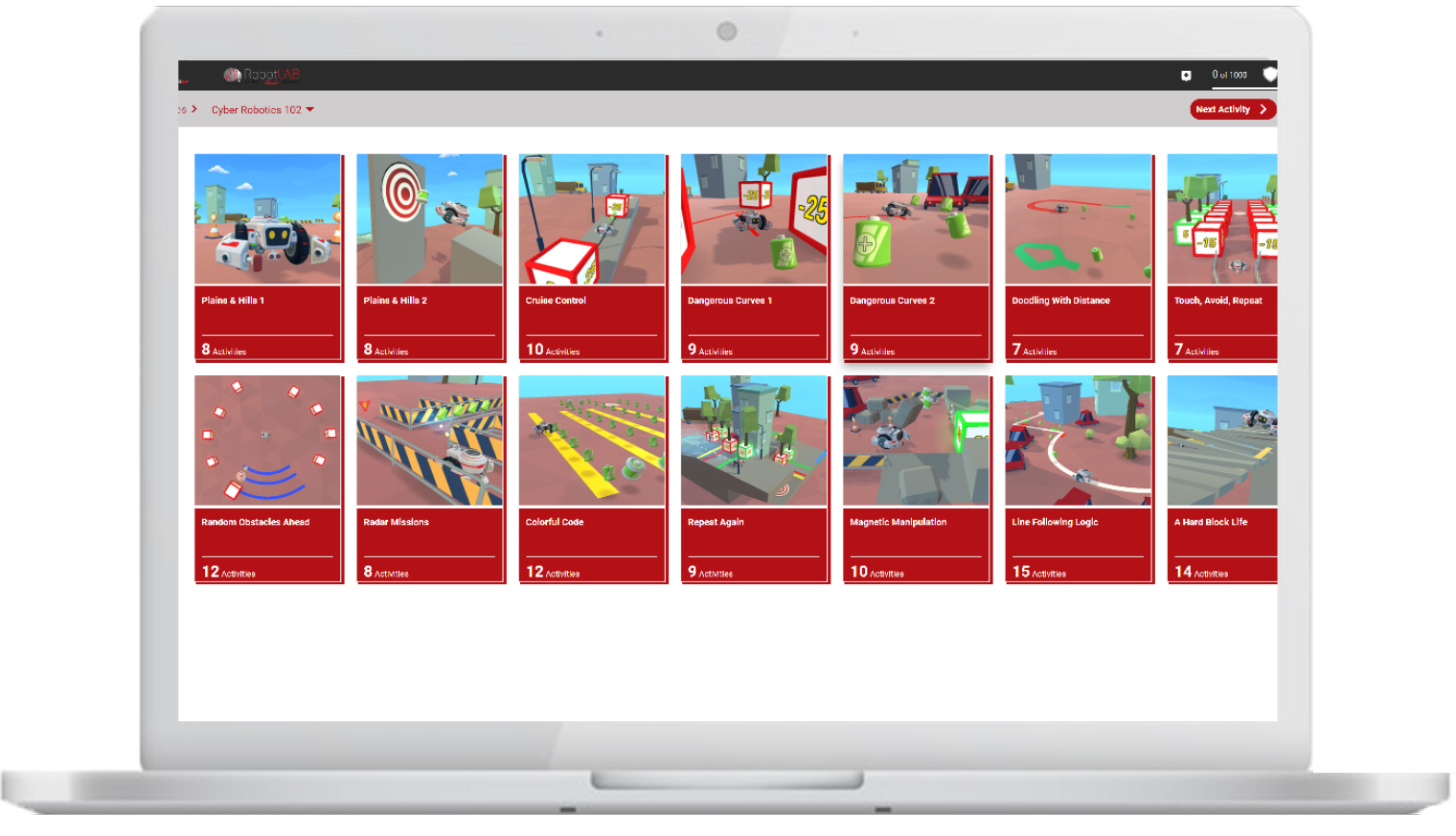By Edutopia
 Image by Gerd Altmann from Pixabay
Image by Gerd Altmann from Pixabay
It's tempting to think of math assessments as routine, end-of-the-lesson checkups. Give students a quiz, grade it, and move on. But math assessments can, and should, do more.
It's tempting to think of math assessments as routine, end-of-the-lesson checkups. Give students a quiz, grade it, and move on. But math assessments can, and should, do more.
A better mix of assessments includes open-ended methods that require a student to explain the thinking behind the math, propose innovative solutions, or even make mistakes and then work to fix them. Here are three strategies for getting more out of math assessments.
Rather than handing kids a traditional test, ask them to explain a math concept or strategy to a friend. They can record it, too. Or divide students into small groups with clear roles and have them solve a challenging math problem together. For students who struggle to show their learning, opt for a five-minute interview assessment. Prepare a checklist of proficiencies you'd like them to know in advance, and then schedule a quick, casual assessment.
Connecting learning to real life gives students ownership of the material, and an engaging way to show their knowledge. For example, for a trigonometry lesson on polar coordinates, one teacher designed a disaster relief mission during which students role-play as air traffic controllers and pilots to assess students' understanding of concepts like the law of sines and cosines. Or you can connect math lessons to important everyday skills like financial literacy.
A practical task like setting up a savings account and planning regular contributions, for example, creates novel opportunities to assess student understanding. Writing is a powerful way to organize and clarify student thinking, exposing gaps in knowledge that need to be filled. Journaling about important math concepts builds students' problem-solving confidence, reveals where they need help, reinforces literacy skills, and makes thinking visible. Or have students create an online math magazine. Start by curating a list of math-related articles, videos, or podcasts.
A statistical analysis of environmental trends, for example, and then have students write articles summarizing them for an audience of readers. Assess them on math knowledge, clarity of communication, critical thinking and creativity. When students use writing to explore math, it allows teachers to see their strengths as mathematicians, rather than just their ability to get the right answers.
Discover more ways to assess Math with RobotLAB!

CoderZ is an online educational environment that improves students 21st century skills, while they are having fun programming their own virtual cyber robot. CoderZ and RobotLAB has different lessons to do at home! Check them out Here
